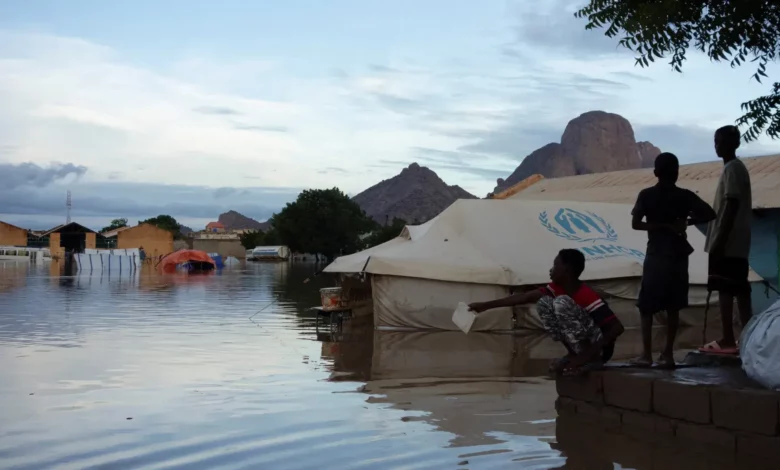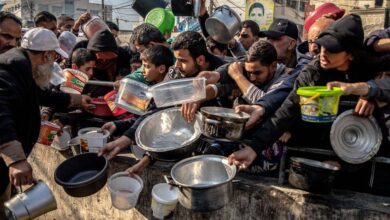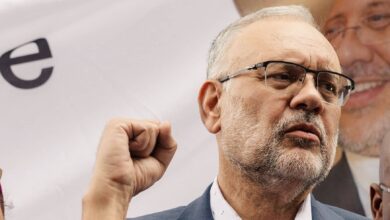
Climate Change Fueling Refugee Crisis: UN Report Warns of Soaring Displacement.
In a sobering revelation, a new report by the United Nations Refugee Agency (UNHCR) has shed light on the growing nexus between climate change and the global refugee crisis. The report paints a grim picture, with climate hazards helping to double the number of forcibly displaced people to a staggering 120 million over the past decade.
According to the UNHCR, three-quarters of the world’s forcibly displaced people now live in countries heavily affected by climate-related threats, such as severe droughts, floods, and natural disasters.
“For the world’s most vulnerable people, climate change is a harsh reality that profoundly affects their lives,” said UN High Commissioner for Refugees Filippo Grandi.
“The climate crisis is driving displacement in regions already hosting large numbers of people uprooted by conflict and insecurity, compounding their plight and leaving them with nowhere safe to go.”
The report highlights that half of the displaced population is located in areas impacted by both conflict and severe climate-related challenges, with regions like Myanmar, Somalia, Sudan, and Syria being prime examples.
One harrowing case in point is Sudan, where over 700,000 people were forced to flee the war and seek refuge in neighboring Chad. However, Chad itself is highly exposed to the effects of climate change, leaving these displaced individuals with few safe havens.
I hope the voices of the people in this report help decision-makers to understand that if not addressed, forced displacement – and the multiplying effect of climate change – will get worse.
The report’s release comes at a critical time, as the COP29 climate summit kicks off in Azerbaijan. Delegates from nearly 200 countries are gathering to discuss the mounting challenges posed by the climate crisis, though the participation of major players like the United States and China remains uncertain.
One of the key issues on the agenda is the call for an increase in the $100 billion-a-year climate finance target for developing nations, as the current pledges fall short of meeting the needs of the most vulnerable communities.
“We have a record-breaking year of investments in clean renewable energy. However, only 15 percent of that goes to the Global South,” said Damilola Ogunbiyi, the UN special representative on sustainable energy, highlighting the stark disparity.
As the world grapples with the dual crises of conflict and climate change, the UNHCR report serves as a stark reminder of the urgent need for decisive action and increased global cooperation to address the growing refugee crisis and mitigate the devastating effects of the climate emergency.



